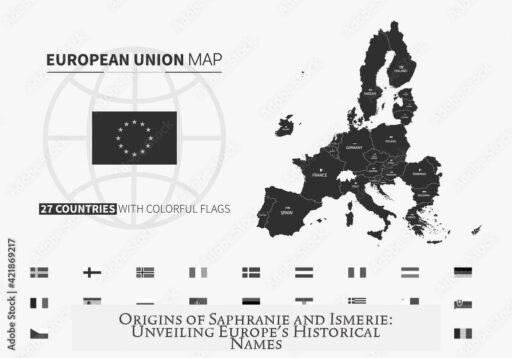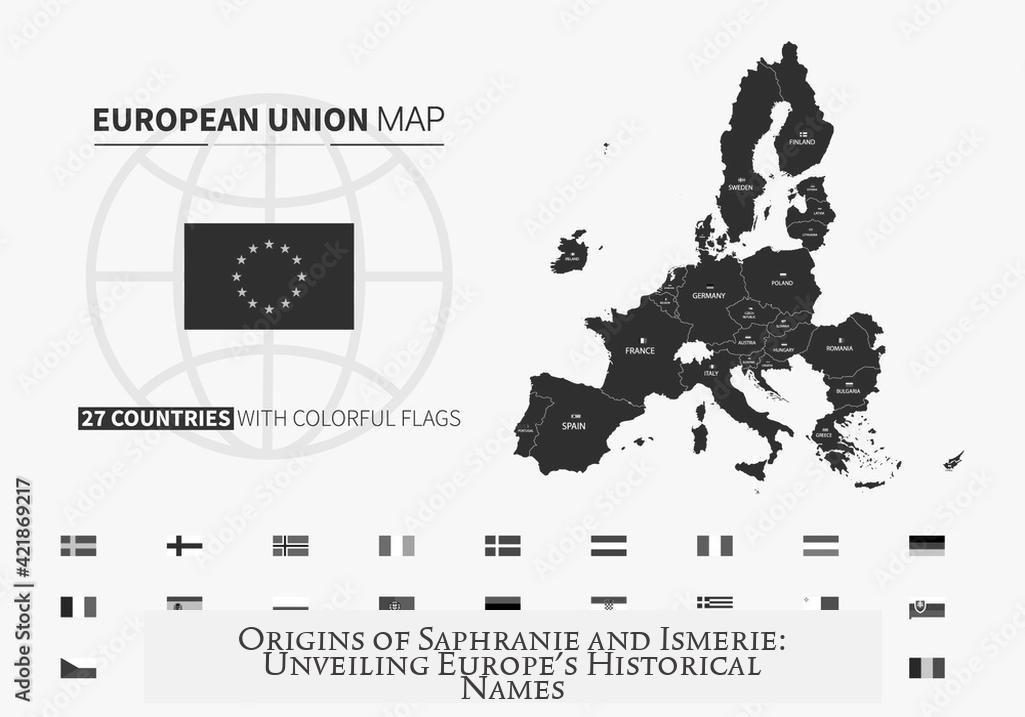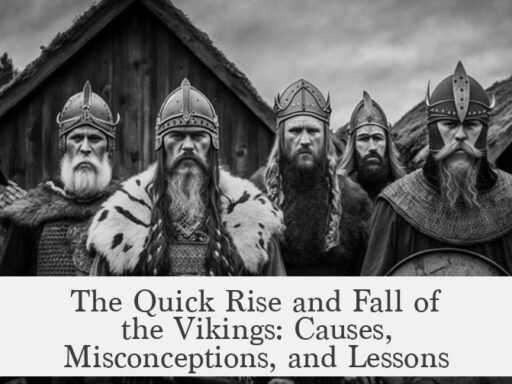The names “Saphranie” and “Ismerie” originate from French historical and linguistic roots, reflecting naming traditions within Europe, notably influenced by Christian culture and regional variations.
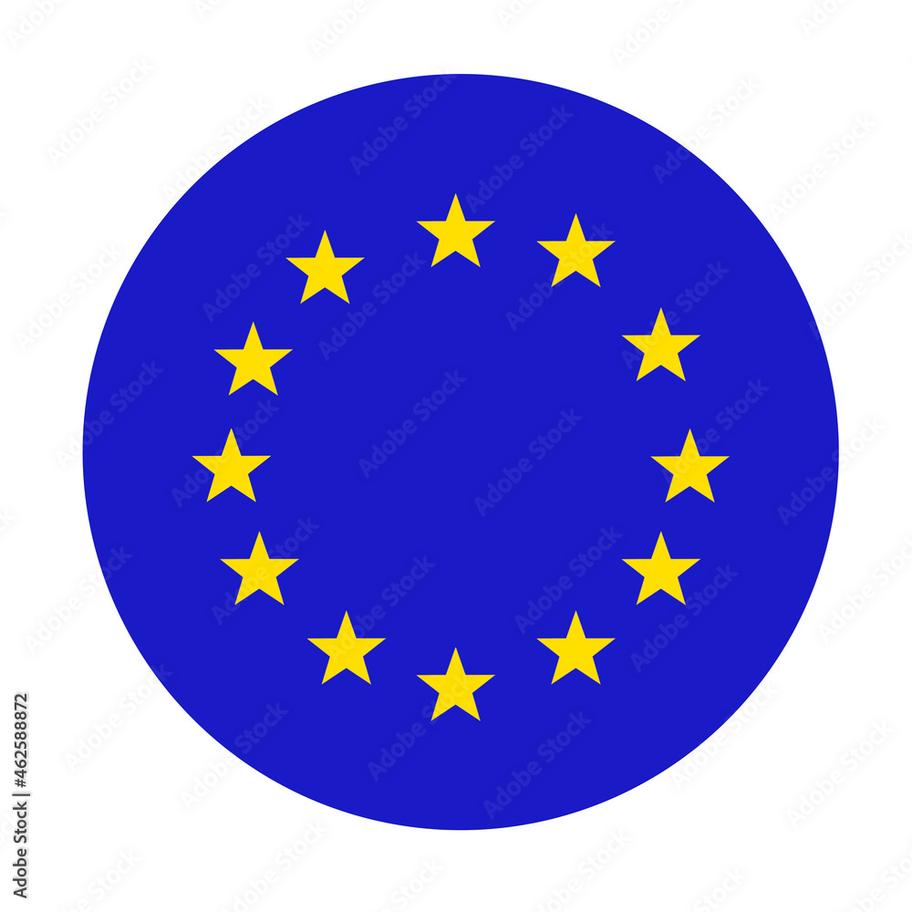
“Saphranie” is most likely a variation of the French name “Sophronie,” which was fairly popular in certain periods. It corresponds to “Sophronia,” which finds more recognition in England. These names share etymological roots linked to the Greek word “sōphrón,” meaning prudent or sensible. Variations in record-keeping and handwriting often caused shifts in spelling and pronunciation in historical documents, especially during the 18th and 19th centuries. The similarity of handwritten characters, such as “A” and “O,” could easily have led to “Saphranie” being recorded instead of “Sophronie.”
The name “Ismerie” is specifically the French form of “Ismeria.” It is a rare name associated with Christian legend, particularly involving the Black Madonna figures prominent in southern France. “Ismerie” appears as the name of the great-aunt of Jesus in certain Christian narratives, making it a name with symbolic religious significance. While the most famed Black Madonna is in Poland, southern France hosts approximately 180 Black Madonnas, indicating a strong cultural link to the region and its Christian traditions.
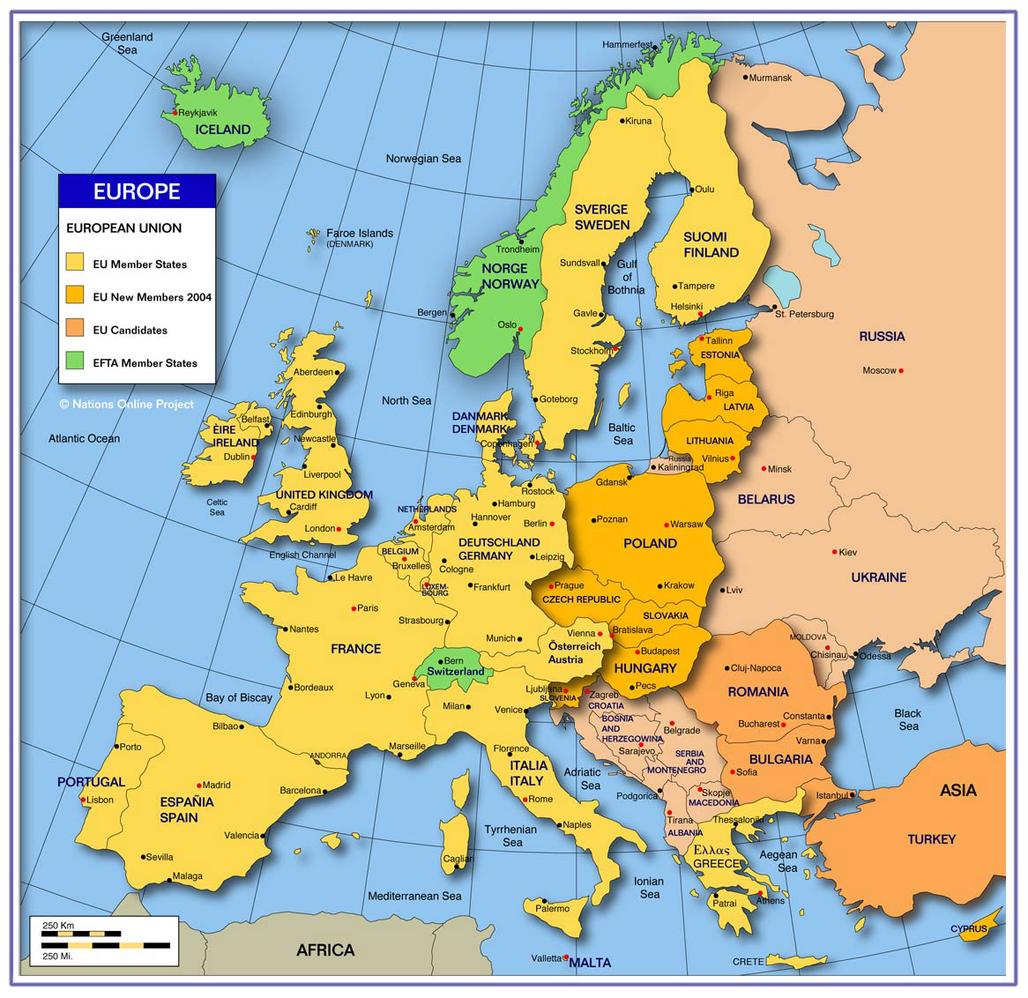
Examining these names within genealogical and cultural contexts illustrates how naming practices are influenced by local customs, religious beliefs, and socio-historical factors. Genealogical research must approach given names cautiously because names could be inspired by neighbors, friends, or memorials rather than solely familial tradition. Thus, the appearance of “Saphranie” and “Ismerie” may derive from admiration or remembrance rather than direct inheritance.
Each name reflects more than phonetic choices; they embody a link to historic eras where record-keeping was manual and imperfect. Clerks tasked with transcription often faced challenges caused by handwriting ambiguity. In that era, clerks’ quality varied considerably, with some appointments based on nepotism rather than skill, which contributed to the fluctuating spellings of names.
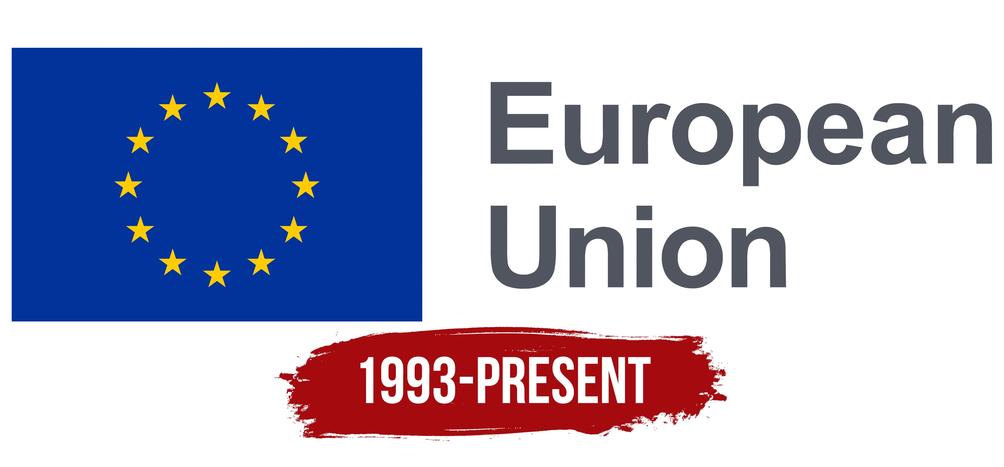
| Name | Origin | Meaning/Association | Popular Regions |
|---|---|---|---|
| Saphranie | French variation of Sophronie/Sophronia | Derived from Greek meaning prudent/sensible | France (historically), popular in England as Sophronia |
| Ismerie | French form of Ismeria | Linked to Christian legends, especially Black Madonnas | Southern France, related to Christian cultural sites |
The possibility of a Polish connection with these names exists but remains remote in this particular context. While Polish cultural influence appears with the famous Black Madonna, the form “Ismerie” is distinctly French. This distinction emphasizes the importance of regional linguistic and cultural adaptation of names across Europe.
Exploring the broader historical dimension reveals the potential for families bearing these names to trace their ancestry back many centuries, possibly to Roman times or earlier within the territory now known as France. However, tracing lineage that far back is typically difficult due to scarce and inconsistent records.
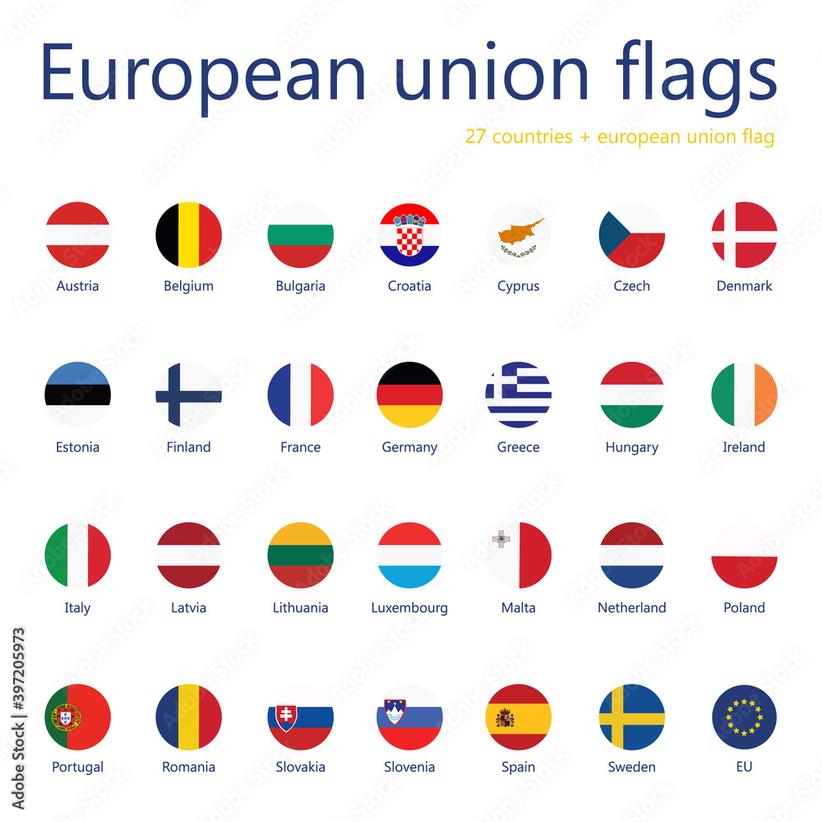
Understanding “Saphranie” and “Ismerie” requires recognizing how names evolve through phonetic shifts, handwritten transcription errors, religious influence, and regional customs. These names serve as snapshots of European cultural intersections, reflecting historical naming patterns shaped by local beliefs and societal practices.
- “Saphranie” likely derives from “Sophronie,” a French name with Greek roots.
- “Ismerie” is a French adaptation linked to Christian legend and Black Madonna tradition.
- Handwriting and record-keeping inconsistencies shaped the recorded forms of these names.
- Names reflect cultural connections rather than straightforward genealogical lines.
- Regional religious symbols significantly influenced naming conventions in parts of France.
Where Do Names Such as “Saphranie” and “Ismerie” Come From in Europe’s History?
The names Saphranie and Ismerie come from French origins, entwined deeply with historical linguistic quirks and Christian cultural traditions that span centuries in Europe. Understanding these names involves diving into handwriting puzzles, religious legends, and genealogical mysteries.
Let’s uncover their hidden twists and turns.
French Roots and the Handwriting Puzzle
Both Saphranie and Ismerie wear a French coat of arms. Saphranie, though, might not be exactly what it seems on the page. Historical record-keeping, especially before the late 19th century, was done in cursive longhand—a style notorious for its indecipherable ‘A’s and ‘O’s.
Imagine a 19th-century clerk, probably hired through nepotism rather than penmanship talent, squinting over faded parchment. The result? What looks like Saphranie might actually be Sophronie. Yes, those two names are close, but with just a jumbled flourish or faded ink, modern eyes can be tricked.
Experts who have combed through 1820s record books often comment on this exact confusion. So, that rare or puzzling name in your family tree might just be a legible variant, a cousin, or even a misspelling of a once-popular name like Sophronie, which itself had an English partner: Sophronia. So, if you like a good donut bet, here’s one: your Saphranie is probably a shiny variant of Sophronie.
The Enigmatic Ismerie: A Name from Christian Lore and Black Madonnas
Now, onto Ismerie. This name is as rare as a snowfall in Provence but carries a heavy cloak of legend.
Ismerie is the French form of Ismeria, a name entwined with Christian legends, especially those revolving around the mystical Black Madonnas. These dark-skinned Virgin Mary statues and icons pepper the religious and cultural landscape of Europe, notably southern France, where some 180 Black Madonna figures stand.
You might have heard more about Poland’s famous Black Madonna of Czestochowa, but France’s collection is surprisingly vast. In Christian folklore, Ismerie is attributed to the great-aunt of Jesus—a rare and fascinating connection highlighting the name’s spiritual and cultural weight.
Genealogical Red Herrings and Personal Stories
Take a moment and breathe: names alone don’t make a lineage.
Some genealogists, including seasoned ones volunteering in LDS centers, caution against tracing ancestry based solely on given names.
Maybe your ancestor picked Ismerie not because it was a family tradition but because of a neighbor, a friend, or a beloved figure from tales they heard. Maybe the name was a memorial tribute or a popular name inspired by religious stories—rather than a direct badge of heritage.
This adds layers of complexity but also humanizes the search. Not every name comes from dusty scrolls of imperial decree; some come from the heart.
Is There a Polish Thread? Probably Not
Given the Black Madonna connection, you might wonder if Polish roots play a part here. Spoiler alert: the answer is a “maybe,” but slim.
Ismerie surfaces in French forms, not Polish. While Poland is the star of Black Madonna lore, the strong French linguistic flavor suggests your name’s home is France, not Warsaw.
Families Rooted Deep and Wide in Time
Could your family have been in France since Roman times? It’s possible. Europe’s tapestry of history is long and tangled.
Unfortunately, tracing such a history goes beyond names like Saphranie or Ismerie—it requires digging in archives, charters, and local legends. Success varies, but the possibility alone adds romance to genealogical quests.
Practical Tips for Name Researchers
- Check handwriting styles: Compare letters A and O in your source documents carefully.
- Look for variations: Saphranie might be Sophronie. Always keep alternative spellings in mind.
- Understand cultural context: Names can reflect legends, saints, or community influences rather than bloodlines.
- Don’t leap to conclusions: A name in a family tree does not guarantee ethnic or regional ancestry.
- Explore religious history: Black Madonna lore might reveal the origin or inspiration behind a name.
- Consult local archives and experts: French genealogical societies may provide unique insights.
Final Thoughts: Names as Windows to History—and Imagination
Names like Saphranie and Ismerie are fascinating because they don’t just label a person; they whisper stories. Whether from the quirks of old clerks’ handwriting or deep Christian legends linked to Black Madonnas, these names open doors to historical puzzles, cultural traditions, and perhaps secret family sagas.
Next time you stumble across a rare name in historical records, take a moment. Is it just a letter swapped? Or is it a mythic echo of a great-aunt of Jesus? Either way, it’s a story worth telling.
Where do the names “Saphranie” and “Ismerie” originate from?
Both names are French. “Saphranie” is likely a variation of “Sophronie,” a name popular in France. “Ismerie” is the French form of “Ismeria,” linked to Christian legends.
Why does “Saphranie” look unusual compared to similar names?
It may be a misreading due to old handwriting styles. Clerks often confused letters like A and O, so “Saphranie” could be a handwritten form of “Sophronie.”
What is the significance of “Ismerie” in French culture?
“Ismerie” relates to Christian legends and Black Madonna figures found mainly in southern France. It is said to be the name of Jesus’ great-aunt.
Is there any connection between these names and Poland?
Black Madonna legends are well-known in Poland, but for these names, any Polish link is minor and mostly if adapted into French forms.
Can family history be traced back to Roman times with these names?
It is possible that families with these names have very old roots in France, even back to the Roman Empire. However, tracing that far back is difficult.
